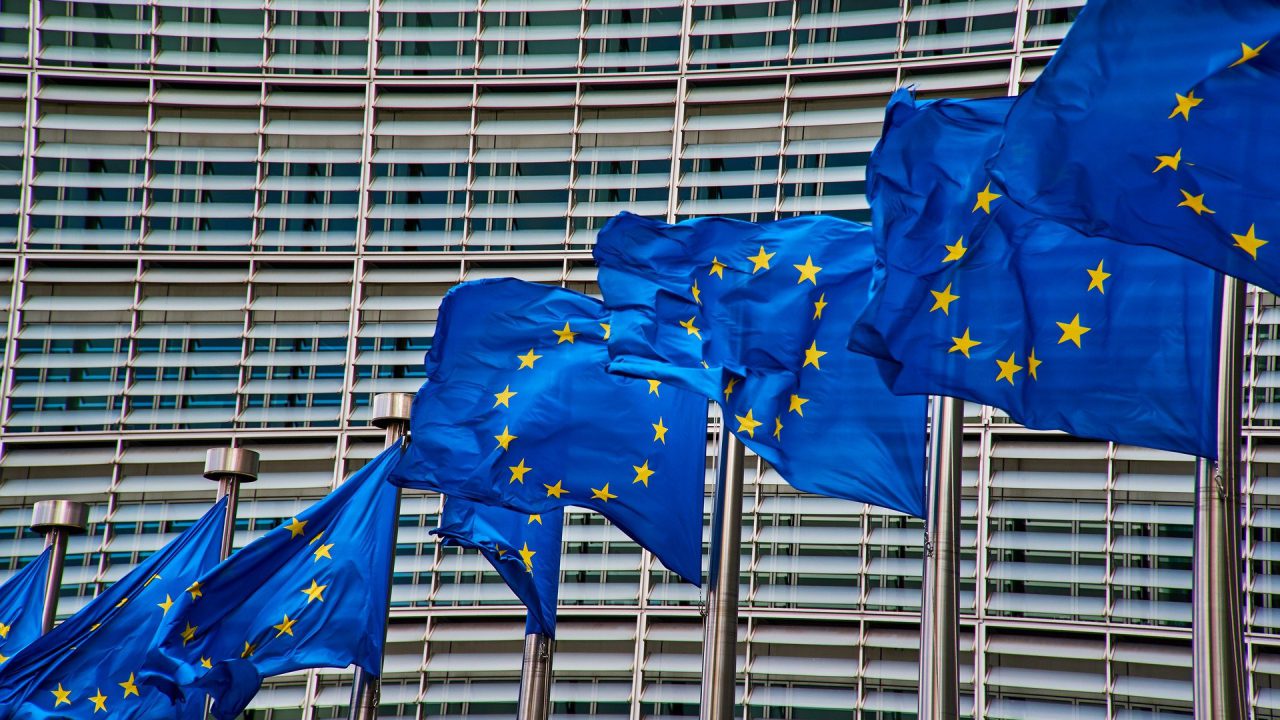The European Commission has today (Wednesday, July 14) adopted a package of proposals to make the EU’s climate, energy, land use, transport and taxation policies “fit for reducing net greenhouse gas [GHG] emissions by at least 55% by 2030”, compared to 1990 levels.
Achieving these emission reductions in the next decade will make the European Green Deal a “reality”, according to the commission.
The proposals combine: application of emissions trading to new sectors and a tightening of the existing EU Emissions Trading System; increased use of renewable energy; measures to prevent carbon leakage; and tools to preserve and grow natural carbon sinks, among other things.
Emissions Trading System
The EU Emissions Trading System (ETS) puts a price on carbon and lowers the cap on emissions from certain economic sectors every year.
According to the commission, it has successfully brought down emissions from power generation and energy-intensive industries by 42.8% in the past 16 years.
Today, the commission is proposing to lower the overall emission cap even further and increase its annual rate of reduction.
The Effort Sharing Regulation assigns strengthened emissions reduction targets to each member state for buildings, road and domestic maritime transport, agriculture, waste and small industries.
Recognising the different starting points and capacities of each member state, these targets are based on their GDP per capita, with adjustments made to take cost efficiency into account.
Regulation on Land Use, Forestry and Agriculture
Member states also share responsibility for removing carbon from the atmosphere, so the Regulation on Land Use, Forestry and Agriculture sets an overall EU target for carbon removals by natural sinks, equivalent to 310 million tonnes of CO2 emissions by 2030.
National targets will require member states to care for and expand their carbon sinks to meet this target.
By 2035, the EU should aim to reach climate neutrality in the land use, forestry and agriculture sectors, including also agricultural non-CO2 emissions, such as those from fertiliser use and livestock.
The EU Forest Strategy aims to improve the quality, quantity and resilience of EU forests. It sets out a plan to plant three billion trees across Europe by 2030.
Energy
Energy production and use accounts for 75% of EU emissions, so accelerating the transition to a greener energy system is crucial, according to the commission.
The revised Renewable Energy Directive (RED) will set an increased target to produce 40% of energy from renewable sources by 2030.
All member states will contribute to this goal, and specific targets are proposed for renewable energy use in transport, heating and cooling, buildings and industry.
To meet both climate and environmental goals, sustainability criteria for the use of bioenergy are to be strengthened and member states must design any support schemes for bioenergy in a way that respects the cascading principle of uses for woody biomass.
To reduce overall energy use, cut emissions and tackle energy poverty, the Energy Efficiency Directive will set a more “ambitious” binding annual target for reducing energy use at EU level.
It will guide how national contributions are established and almost double the annual energy saving obligation for member states.
Carbon leakage due to domestic climate action
A new Carbon Border Adjustment Mechanism will put a carbon price on imports of a targeted selection of products to ensure that climate action in Europe does not lead to ‘carbon leakage’.
This will ensure that European emission reductions “contribute to a global emissions decline, instead of pushing carbon-intensive production outside Europe”.
It also aims to encourage industry outside the EU and its international partners “to take steps in the same direction”, the commission added.
Fight against climate change
Speaking on the proposals, executive vice-president for the European Green Deal Frans Timmermans said that this decade is “make or break” in the fight against the climate and biodiversity crises.
Both the Commissioner for Environment, Oceans and Fisheries Virginijus Sinkevicius, and the Commissioner for Agriculture Janusz Wojciechowski expressed the importance of forests.
Commissioner Wojciechowski said that along with being “essential in the fight against climate change”, forests “provide jobs and growth in rural areas, sustainable material to develop the bioeconomy and valuable ecosystem services to our society”.
Meanwhile, the Commissioner for Energy Kadri Simson said that reaching the Green Deal goals “will not possible without reshaping our energy system – this is where most of our emissions are generated”.
